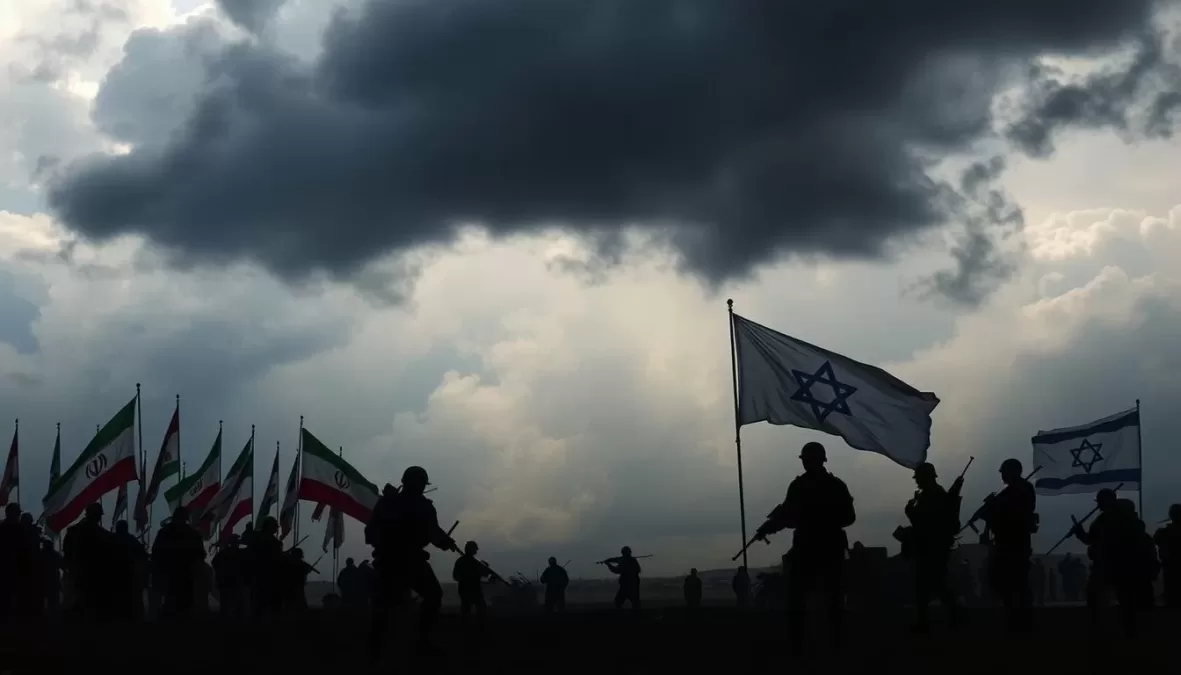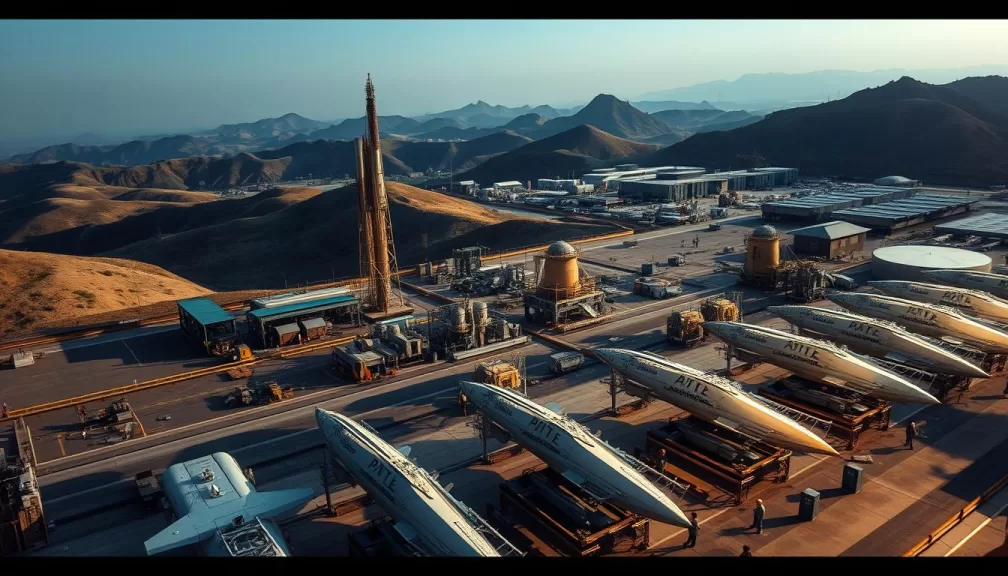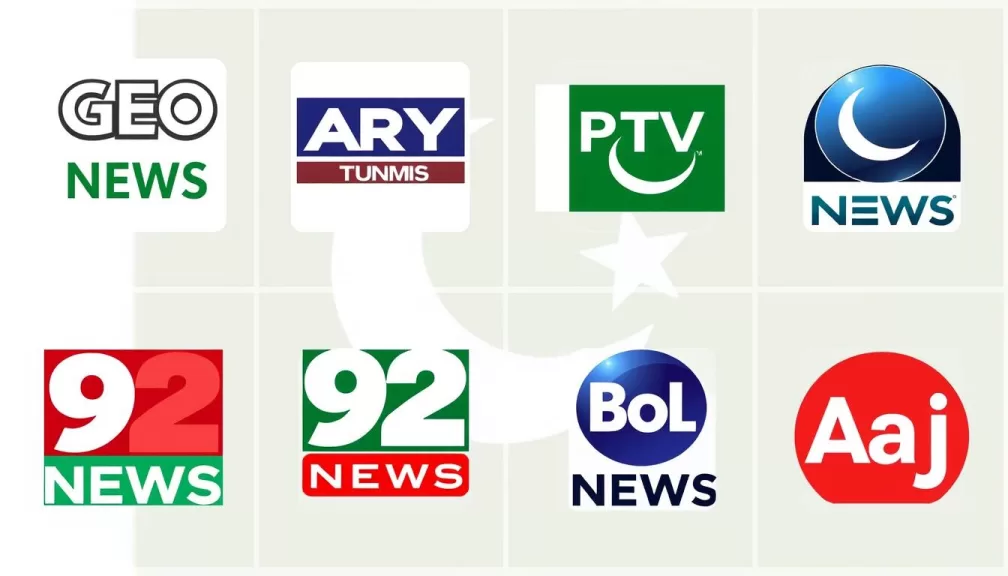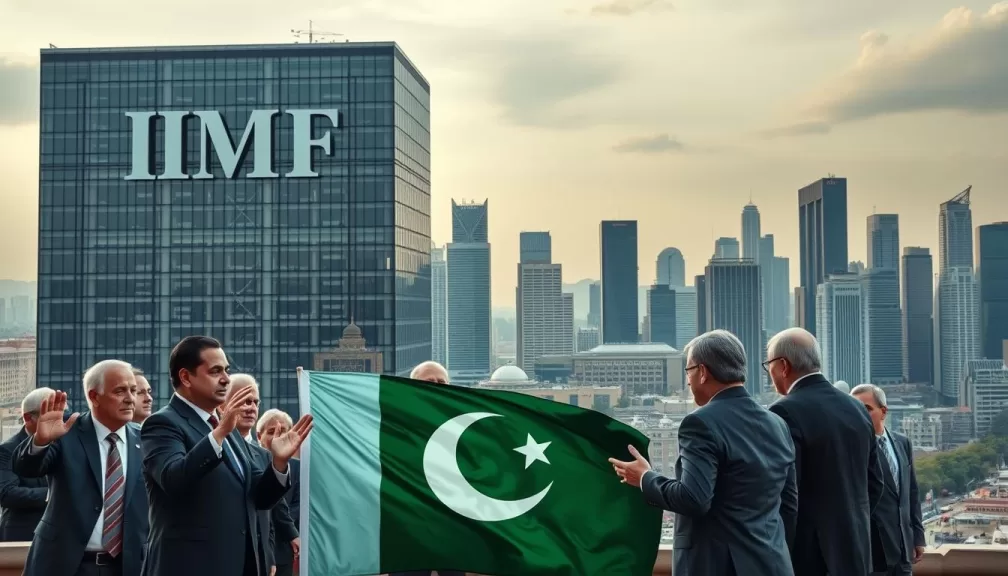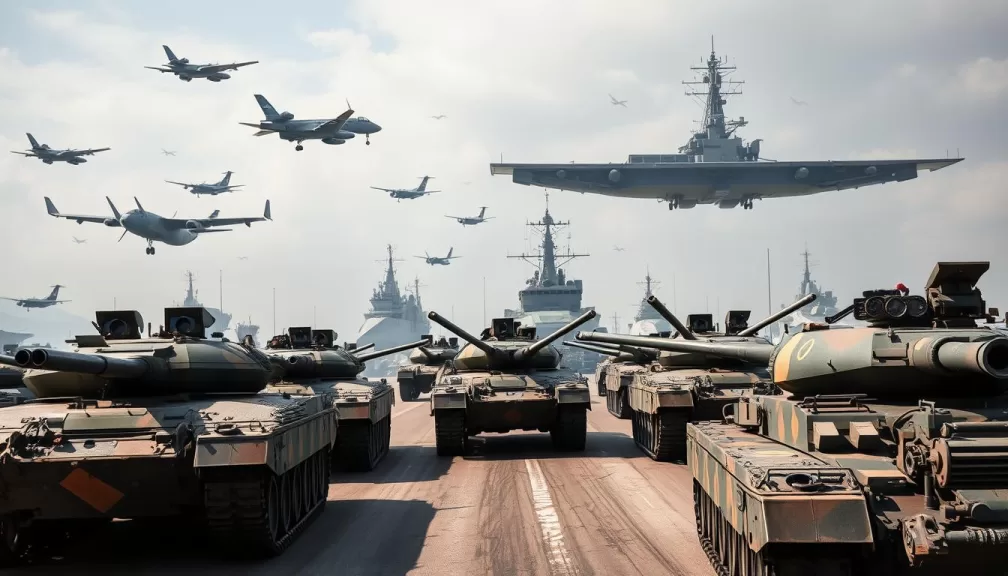The Iran-Israel conflict has grown more intense in recent days. Israel has launched airstrikes against Hezbollah’s financial bases in Lebanon. This move aims to stop Iran from funding the militant group.
Hezbollah has tried to capture Israeli soldiers, making the situation worse. Diplomats are working hard to calm things down. US Secretary of State Antony Blinken met with Israeli Prime Minister Benjamin Netanyahu to find solutions.
But the area is still unstable. Iran has warned Arab states hosting US troops. They want to stop these states from supporting Israel. The war has caused a big humanitarian crisis, with many deaths and displaced people.
Key Takeaways
- Israel has targeted Hezbollah’s financial infrastructure, disrupting Iran’s ability to fund the militant group.
- Hezbollah has attempted to capture Israeli soldiers, leading to further escalation of the conflict.
- Diplomatic efforts, including meetings between US and Israeli leaders, are underway to de-escalate the situation.
- Iran has threatened Arab states hosting US forces, aiming to deter support for Israeli actions.
- The conflict has resulted in a significant humanitarian crisis, with hundreds killed and thousands displaced.
Israeli Airstrikes Target Hezbollah’s Financial Infrastructure
Israel has launched a series of military operations against Hezbollah’s financial lifelines in Lebanon. A senior Israeli intelligence official said these actions have severely disrupted Iran’s funding to the group. The official noted that airstrikes and operations against Hezbollah’s leadership have hurt their funding.
The Israeli Defense Forces (IDF) have also targeted Hezbollah’s financial institutions. They have hit branches of the Al-Qard Al-Hassan Association across Lebanon. This group is accused of funding Hezbollah’s terrorist activities, making it a key target for Israel.
Israel Strikes Al-Qard Al-Hassan Association Branches Across Lebanon
The IDF has carried out many strikes on Al-Qard Al-Hassan Association branches. They claim the organization has “billions of dollars” in funds linked to Hezbollah. These operations have hit targets in Beirut, southern Lebanon, and deep within Lebanese territory, causing widespread damage.
The conflict has had a devastating impact on civilians, with over 1.2 million people displaced in Lebanon. The international community has condemned the Israeli strikes, accusing them of war crimes. They point to the targeting of civilian institutions like the Al-Qard Al-Hassan Association.
The ongoing battle between Israel and Hezbollah has become increasingly complex. The latest developments show the importance of disrupting the terrorist group’s financial networks. As the conflict escalates, the world hopes for a diplomatic solution to end the violence and help the affected populations.
Iran Israel War News Today: Hezbollah Attempts to Capture Israeli Soldiers
Hezbollah’s chief media official has confirmed they are trying to capture Israeli soldiers. The spokesperson said Hezbollah fighters have come “close” to seizing Israeli troops. But they have not yet succeeded in their efforts.
This is not the first time Hezbollah has targeted Israeli soldiers. The group has a history of taking prisoners in exchange for Hezbollah fighters held by Israel.
Escalation of Offensive Operations Against Israel Promised
The Hezbollah official also said the group has increased its offensive and defensive operations against Israel. The spokesperson promised a “new phase of the war designed to inflict high casualties on Israel.” This indicates a possible increase in Hezbollah’s attacks against the Jewish state.
These latest statements from Hezbollah come as the region remains on edge. The conflict between Iran, Hezbollah, and Israel continues to simmer. The potential for further hezbollah offensive operations against israel is high.
“Hezbollah fighters have come ‘close’ to seizing Israeli troops in recent days, though they have not yet succeeded.”

The situation is still fluid, with both sides preparing for a possible escalation. As the war of words and actions continues, the region is bracing for more violence and instability.
Diplomatic Efforts Amidst Tensions
The Middle East is facing high tensions between Israel and Iran. The United States is working hard to help find a ceasefire. US Secretary of State Antony Blinken met with Israeli Prime Minister Benjamin Netanyahu in Jerusalem. He urged Netanyahu to use the death of Hamas leader Yahya Sinwar to get a ceasefire and release hostages in Gaza.
Blinken and Netanyahu also talked about ending the fighting in Lebanon. They want to help people return to their homes along the border. The US is playing a key role in trying to calm the situation and find a lasting solution.
US Secretary of State Blinken Urges Ceasefire, Meets Netanyahu
The meeting between Blinken and Netanyahu showed the US’s delicate role in the region. The US supports Israel but also wants to help both sides find peace. The Biden administration is pushing for a ceasefire and a bigger peace deal.
The us diplomatic efforts middle east have increased lately. Blinken and other top officials have been meeting and talking with leaders. They aim to blinken meets netanyahu and start ceasefire negotiations to stop the violence and find a lasting solution.
“We believe that the death of Yahya Sinwar provides an opportunity to try to move things in a more positive direction,” Blinken said during his meeting with Netanyahu. “We want to work closely with you to try to capitalize on that.”
The world is watching to see if the us diplomatic efforts middle east will lead to real results. Everyone hopes the conflict can be eased before it gets worse.
Iran Threatens Arab States Hosting US Forces
Iran and its regional foes are in a tense standoff. Iranian officials have made veiled threats to Arab states with US troops. Foreign Affairs Minister Abbas Araghchi warned of Iran’s ability to track and respond to US troop movements.
Araghchi’s words aim to pressure these countries. He wants them to stop the US from using bases in Arab nations. He has met with top officials in Bahrain and Kuwait, repeating Iran’s warnings and the risks of hosting US troops.
Iranian Warnings to Regional Allies
Iran launched around 200 missiles last week. The Israeli military said most were intercepted, with one fatality. A drone attack on a US base in Jordan, believed to be by Iran-backed Kataib Hezbollah, killed three US troops and injured over 30.
Iran’s actions could lead to a huge loss of oil, as Kataib Hezbollah’s Abu al-Askari warned. These incidents have raised tensions and shown Iran’s readiness to strike back at its enemies, including Arab states with US troops.
The situation is still unfolding, and diplomatic efforts are key to avoiding a bigger conflict. US Secretary of State Antony Blinken has called for a ceasefire and met with Israeli Prime Minister Benjamin Netanyahu to tackle the crisis.

Conclusion
The Iran-Israel conflict in the Middle East is getting worse. Israel is attacking Hezbollah’s money sources in Lebanon. Meanwhile, Hezbollah is trying to grab Israeli soldiers. The US is trying to calm things down, but the fighting keeps getting more intense.
This has led to a big humanitarian crisis in the area. Iran is also threatening Arab states with US troops, making things even more complicated. The numbers show the damage: hundreds of missiles, thousands of people forced to leave their homes, and many deaths.
It seems the Iran-Israel fight is not ending anytime soon. The situation could get even worse, causing more suffering in the Middle East. The world needs to keep working towards peace to stop this crisis from getting worse.

